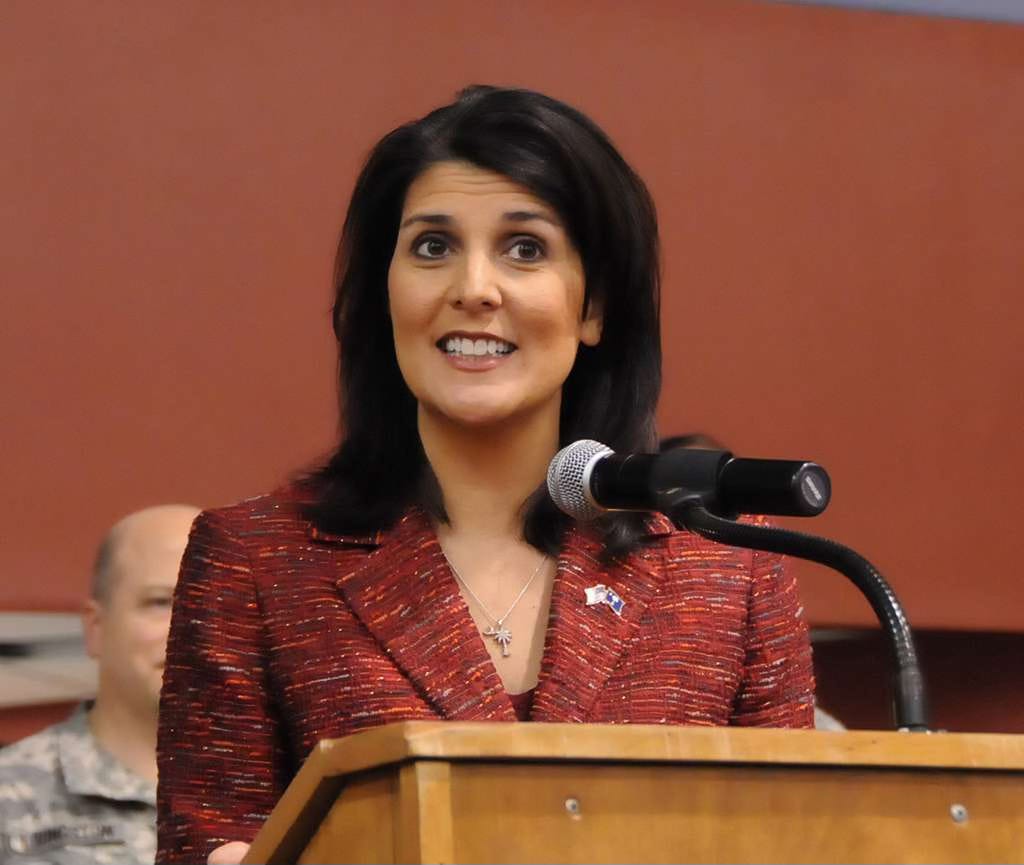Americans for Prosperity Action, founded by the famous Charles and David Koch, announced yesterday that it was backing Nikki Haley for the 2024 Republican presidential nomination.
The Kochs were never in particularly good stead with the Trump wing of the party, and indeed have mostly stayed clear of presidential politics in the past. But they framed their endorsement of Haley purely in terms of electability:
Our internal polling consistently shows that Nikki Haley is by far the strongest candidate Republicans could put up against Joe Biden in a general election – winning every key battleground state and up nationally by nearly 10 points. While our polling shows Donald Trump loses to Joe Biden, Nikki Haley outperforms Trump by 8 to 14 points in the key Presidential battleground states.
In sharp contrast to recent elections that were dominated by the negative baggage of Donald Trump and in which good candidates lost races that should have been won, Nikki Haley, at the top of the ticket, would boost candidates up and down the ballot, winning the key independent and moderate voters that Trump has no chance to win.
They note that they do not agree with Haley on everything, but generally like her stances on economic policies and entitlement reforms. And importantly, they see this as a way to loosen Trump’s hold on the GOP.
How much effect could this have? The Koch network is a substantial and well-financed one, and traditionally has been influential in congressional primaries by pushing candidates favoring a more libertarian bent on the economy — lower taxes, reduced regulations, and more. But it also aggressively pushed Tea Party activities and candidates in 2009 and 2010, helping to foster a cultural conservative takeover of the GOP it would later come to regret. “Boy, did we screw up! What a mess!”, Charles Koch famously said in 2020, reflecting on the network’s legacy.
The Kochs definitely lost some caché since the rise of Trump. They’ve pushed back against him for his immigration stances and largely lost that fight within the Republican Party. In many ways, they are natural supporters of someone like Haley, who is also very much a Reagan-Bush style Republican in an era when that is no longer the dominant mold.
My impression is that an endorsement like this could be more effective in New Hampshire — with a substantial libertarian movement and a large focus on economic conservatism — than in Iowa — with its dominance by evangelical Christian figures. Additionally, Haley has been in the number two position in the polls in New Hampshire for some time, trailing Trump by roughly 25 points. (This is still a huge gap but looks a lot more competitive than national polls do.)
But taken in combination with DeSantis’ recent high profile Iowa endorsements by Kim Reynolds and Bob Vander Plaats, we see the opposite of band-wagoning. Some pretty major voices within the party are very visibly backing people other than poll-leader Donald Trump.
We’ll see over the next few weeks just how much influence these endorsements end up having. But one can imagine a situation where DeSantis rallies in Iowa while Haley sees some growth in New Hampshire, making Trump’s national lead (in a contest that is ultimately decided sequentially by state parties) look largely ephemeral.





